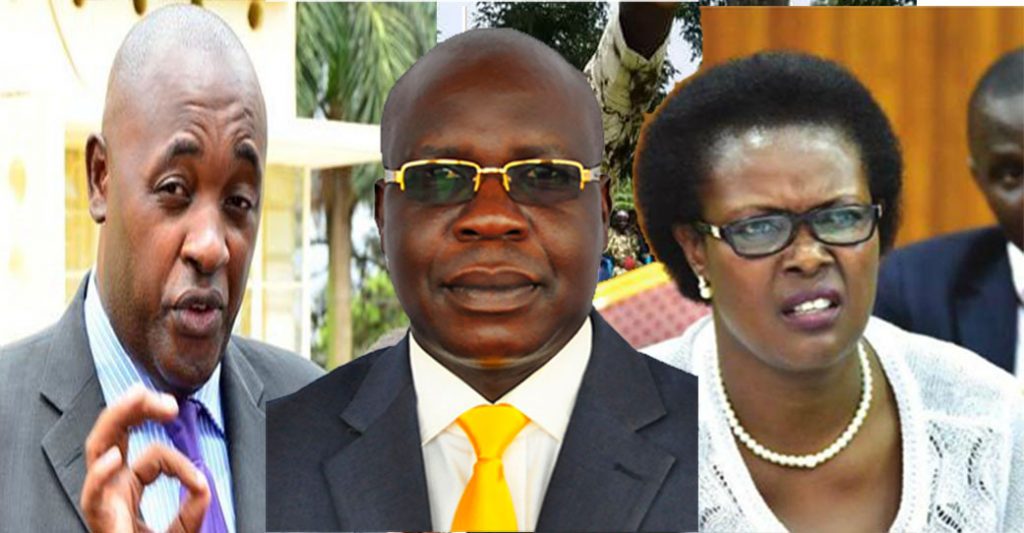Early this year, Government presented a proposal prohibiting landlords from charging rent in foreign currency for residential and business premises.
The proposal is one of the several contained in the Landlord and Tenant Bill, 2018, which seeks to regulate the relationship between landlords and tenants; and to reform and consolidate the law relating to the letting of premises.
The Minister of State for Housing, Dr. Chris Baryomunsi, presented the Bill during the plenary sitting of Parliament on Wednesday, 16 January 2019.
According to Clause 23 (1) of the Bill, “The rent payable for any premises under a tenancy shall be determined by mutual agreement of the parties to the tenancy.”
The Bill adds in Clause 23 (2) that “all rent obligations or transactions shall be expressed, recorded and settled in the shilling, unless otherwise provided under any enactment, or is lawfully agreed to between the parties to an agreement under any lawful obligation.”
In 2017, traders under Kampala City Traders Association (Kacita) threatened to protest over the continued charging of rent in US dollars by landlords. The traders met Speaker Kadaga, who promised to engage government to present a Bill to regulate the relationship between the two parties as she referred the Bill to the House Committee on Physical Infrastructure for consideration.
However Members of Parliament on the Physical Infrastructure Committee have observed that the Landlord and Tenant Bill 2018 largely favours tenants against landlords.
The MPs, who met the Minister of State for Housing, Dr. Chris Baryomunsi, were concerned that the Bill gives tenants more opportunities of negotiation with landlords, saying this would put landlords in a disadvantaged position.
“You cannot say that the landlord should obtain consent from tenants to increase rent or in case of eviction. Do you expect a tenant to give consent to an eviction order or a notice to increase rent?” asked Hon Richard Othieno Okoth (NRM, West Budama North). This meeting was held at Parliament Building on Tuesday 12 February 2019.
The Landlord and Tenant Bill 2018, aims at regulating the relationship between landlords and tenants; to reform and consolidate the law relating to the letting of premises; and to provide for the responsibilities of the landlords and tenants.
“This law allows a lot of negotiation that the landlord is almost becoming a beggar in his own premises,” said Hon Margaret Muhanga (NRM, Burahya).
Clause 39 of the Bill provides that a tenancy may be terminated by agreement of the landlord and the tenant.
MPs supported the provision requiring all rent transactions to be made in shillings and not foreign currencies as it has been the case.
Minister Baryomunsi however assured legislators that the bill is meant for the good of both landlords and tenants. He said that the bill was not biased against any parties as it was presented to and passed by the Cabinet, which he said is also comprised of many landlords.
“The law seeks to accommodate both interests of tenants and landlords, I am not under intimidation by landlords,” said Baryomunsi.
He also said that the proposed law will solve the problem of owners of business premises in Kampala collectively agreeing to charge rent in dollars against interests of tenants.
The Parliamentary Committee on Physical Infrastructure is currently carrying out consultations about the Landlord and Tenant Bill 2018.

